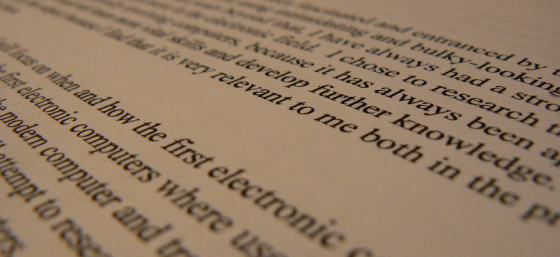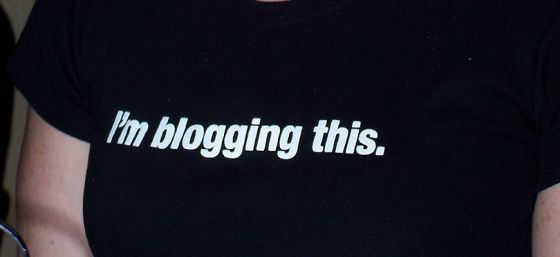Last week, a California jury reached a verdict in the Courtney Love Twitter defamation case – the first Twitter defamation case to go to trial. Love hired attorney Rhonda Holmes to represent her in a fraud case against the people who were managing Kurt Cobain’s estate. Their professional relationship didn’t work out, and in 2010, Love posted a tweet that said in part, “I was f***ing devestated [sic] when Rhonda J. Holmes esq. of san diego was bought off.” Holmes sued Love for defamation.
In general, defamation requires a false statement about a person told to a third party, that hurts that person’s reputation. Essentially, Holmes argument was that the tweet was lie and that it damaged her reputation. Defamation is a state-law issue so check how the law is written in your state.
Initially, I was surprised when I saw that Love won this lawsuit, until I read the full article. Then I made a video explaining why Courtney Love won this defamation case.
The law applies different standard to defamation involving public persons versus private persons. When a public person is defamed, the victim can prevail if she can prove that the person making the statement acted with malice – meaning they knew or should have known that they were lying when they made the statement. When a private person claims they were defamed, they only have to show that there was a lie about them that hurt their reputation.
Holmes isn’t a celebrity lawyer. She’s just a person. You might think that Holmes would be treated like a private person, but the court said she was a public person in regards to this case because of her affiliation with Love. (Some people are public people all the time – i.e., celebrities – and some people are public figures only regarding certain issues.) Here, the jury believed Love when she said she didn’t know she was lying when she made the statement, so that’s why she won the case.
So what does this mean for you? This case suggests that you can be Joe Average Nobody (private person) in your day-to-day life but if you are affiliated with a celebrity, you can be a public person in regards to your dealings with them. If you claim that your celebrity friend defamed you, you may have a higher bar to clear than if you were defamed by your Joe Average Nobody friend.
Here’s something else to think about – celebrities are public people because they put themselves into the public spotlight. If you are “internet famous” or put yourself online for all to see via your blog, YouTube channel, or on other social media platforms, you may become a public person. When you’re a public person, you can expect more criticism and the law will protect your critics against defamation claims as long as they didn’t know or couldn’t have known that they were lying about you when they did it.
There is no cut-and-dry equation to determine whether you are a public or private person in regards to a defamation case unless you are an obvious celebrity. So if you are ever file a defamation lawsuit, part of the trial might be just determine whether you are a public or private person in the circumstances of the case to determine which standard applies.
If you want more information about internet defamation, please check out my book, The Legal Side of Blogging: How Not to get Sued, Fired, Arrested, or Killed. It has an entire chapter dedicated to online defamation. You can connected with me on Twitter, Facebook, YouTube, LinkedIn, or you can email me. You can also subscribe to the Carter Law Firm newsletter.
Please visit my homepage for more information about Carter Law Firm.



